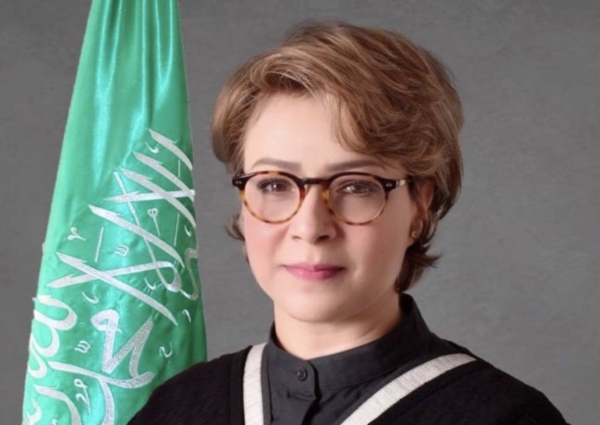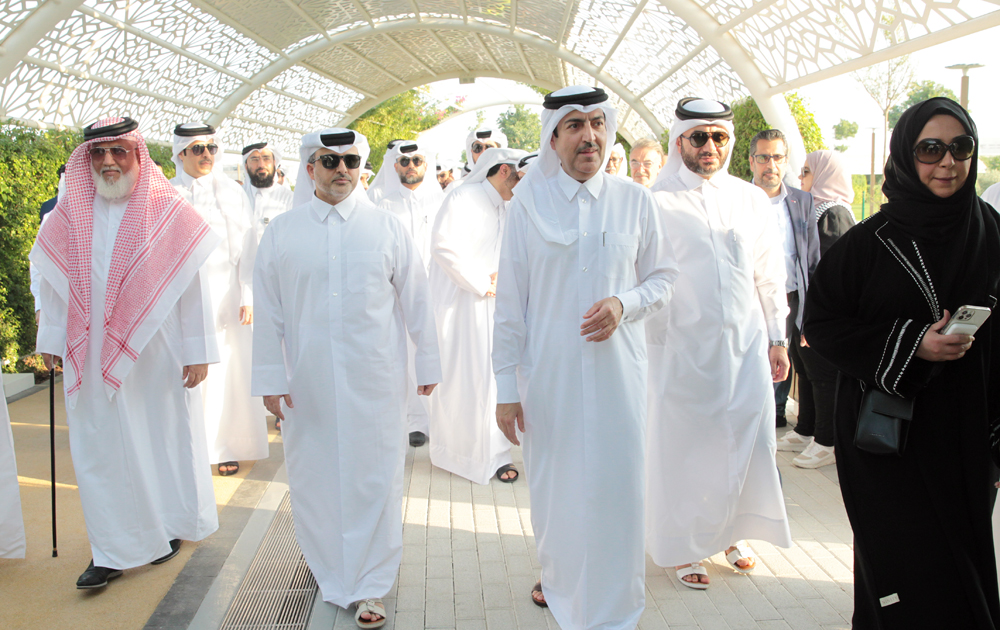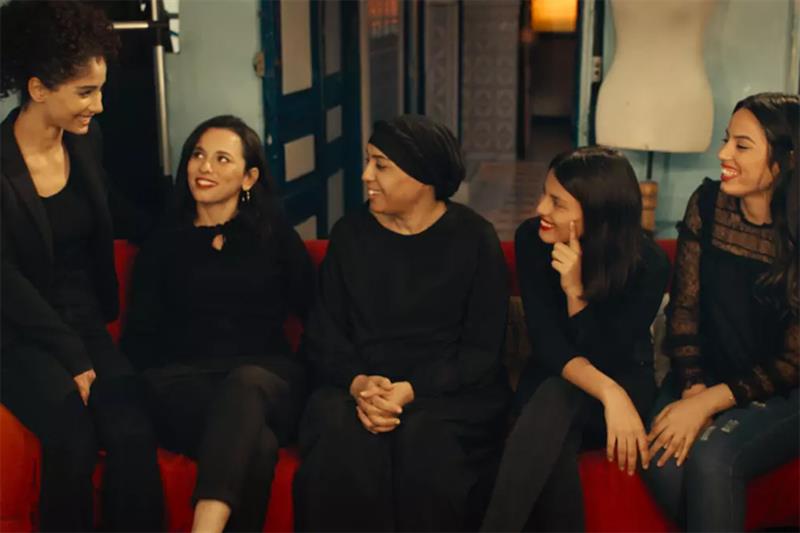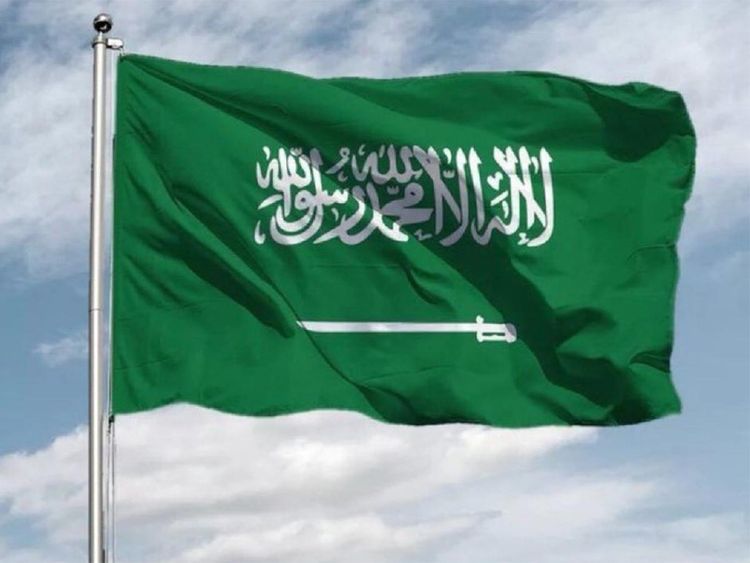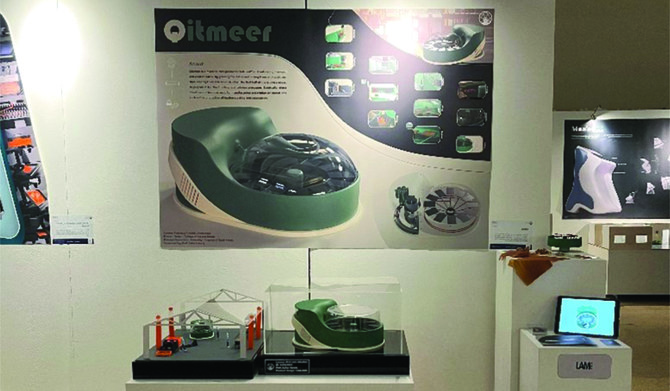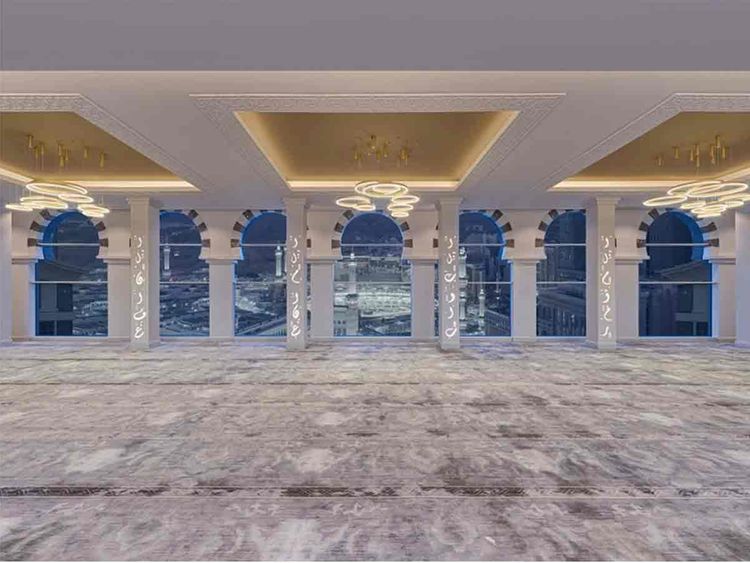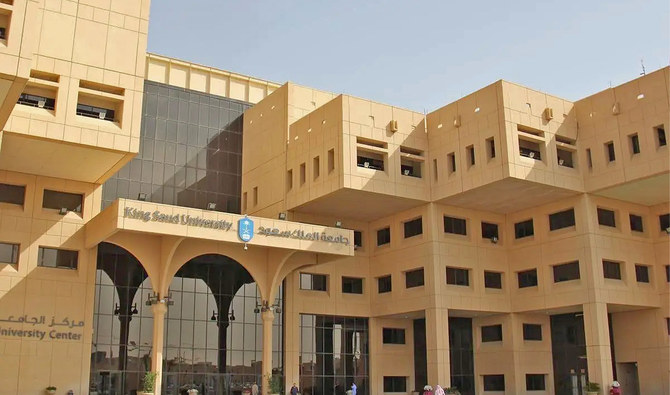Sheikh Nahyan bin Mubarak Al Nahyan, Minister of Tolerance and Coexistence and Chairman of the Board of Trustees of the Khalifa International Award for Date Palm and Agricultural Innovation, expressed his appreciation for the patronage and the support the Award continues to receive from His Highness Sheikh Mansour bin Zayed Al Nahyan, Vice President, Deputy Prime Minister, and Chairman of the Presidential Court. He also praised Sheikh Mansour’s contribution to the development of the date palm cultivation and production sector at the national, regional and international levels.
This is in addition to strengthening the UAE’s leading position through cooperation with date-producing countries and concerned regional and international organisations, where Sheikh Nahyan expressed his confidence in the efforts of the Award’s General Secretariat, which played an important role in building global partnerships to develop this sector.
Dr. Abdelouahhab Zaid, Secretary-General of the Khalifa International Award for Date Palm and Agricultural Innovation, announced the winners of the Award in its 16th session during his speech at the press conference held on Monday at the Emirates Palace Hotel, Abu Dhabi, in the presence of Dr. Helal Humaid Saed Al Kaabi, Member of the Award’s Board of Trustees, and Secretary-General of the Abu Dhabi Council for Quality and Conformity.
International Award Winners:
The award in the Distinguished Innovative Studies and Modern Technology category was won by Dr. Khaled Masmoudi – College of Agriculture and Veterinary Medicine (UAEU) for “Enzyme stabilization and thermotolerance function of the intrinsically disordered LEA2 proteins from date palm” and Dr. Ezzeldin Gadallah Hussein Ahmed – Agricultural Research Centre, Ministry of Agriculture and Land Reclamation (Egypt), for “Phoenix dactylifera in vitro culture and transformation of Thio-60 antifungal gene via chitosan nanoparticle”.
The award in the Pioneering Development and Productive Projects category was won by Dr. Lim Swee Hua Erin – HCT (Abu Dhabi), for “Sustainable Seeds: A Tale of Two Innovations” and AFRICA ORGANICS (Morocco), for the world’s largest organic date palm plantation (1200 ha) of farmland.
The award in the Pioneering and Sophisticated Innovations Serving the Agricultural Sector category was won by Dr. Yarub Kahtan Abdul Rahman Al Doruri – University of Sharjah for “Production of powder-activated carbon from natural resources” and VALORIZEN LLC, Research and Innovation Centre (Egypt) for “Scalable, Market Driven and Climate Positive Solutions of Date Palm Waste”.
The award in the Influential Figure in the Field of Date Palm and Agricultural Innovation category was won by Dr. Ramzy Abdelrahim Dessoky Aboaiana (Kingdom of Saudi Arabia) and Prof. Ibraheem Jaddoa Olelwi Al Juboori, PhD (Iraq) for “A qualitative leap and big steps”.
source/content: wam.ae (headline edited)
__________

_______________________________________________________________________
EGYPT / IRAQ /MOROCCO / SAUDI ARABIA / UNITED ARAB EMIRATES (U.A.E)
